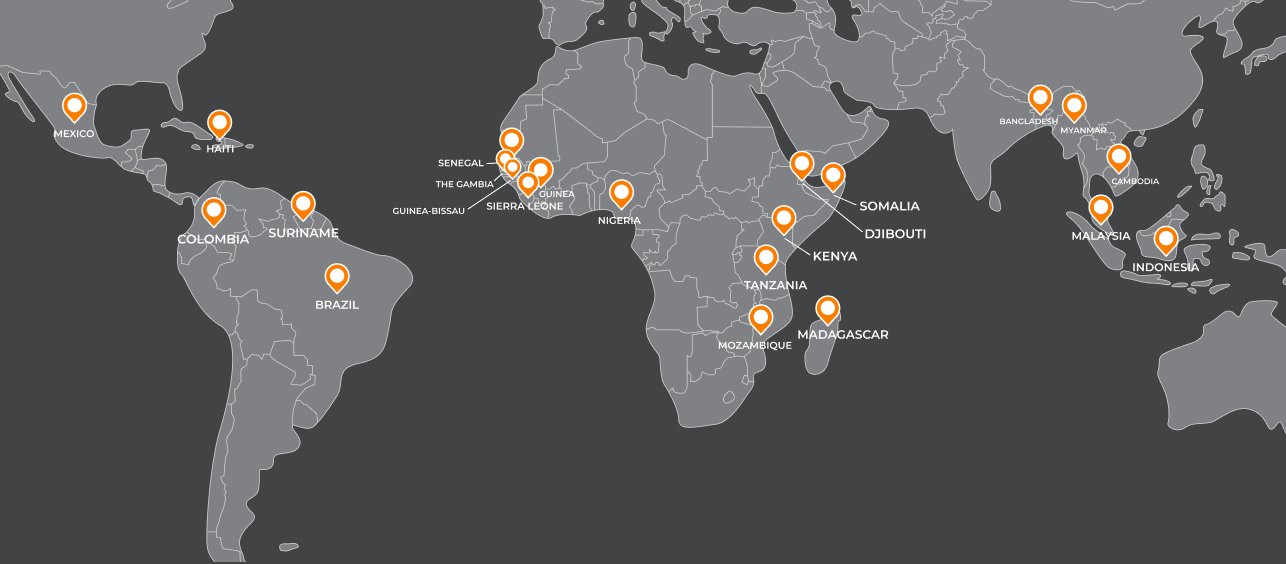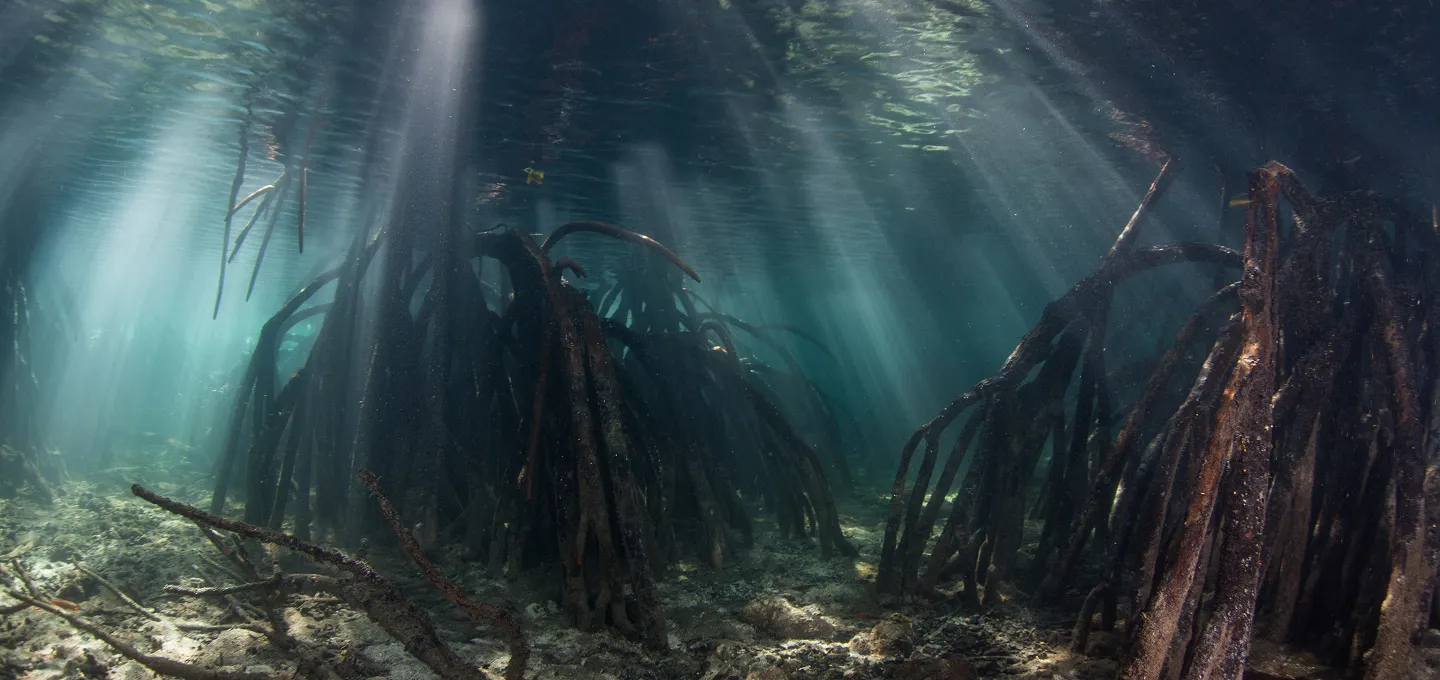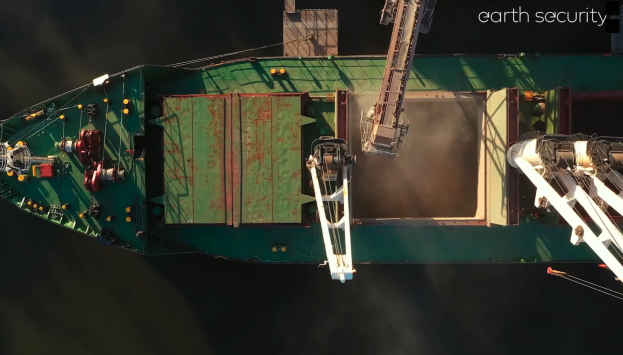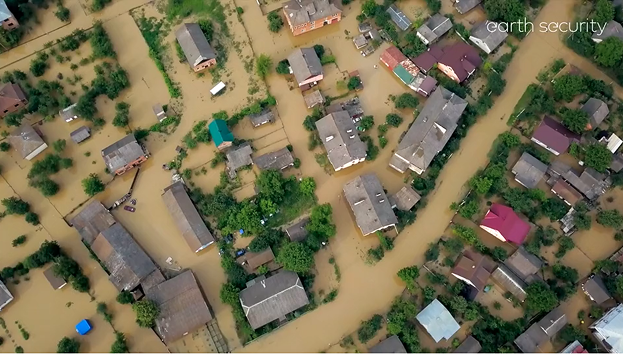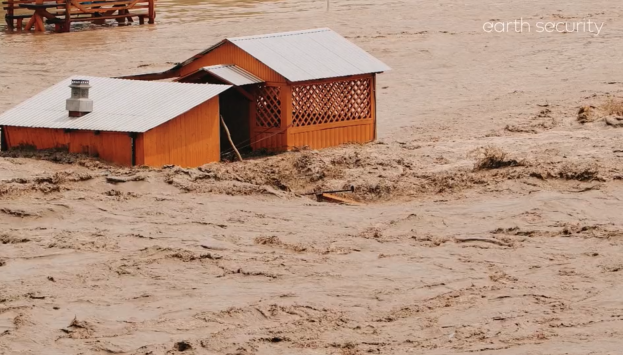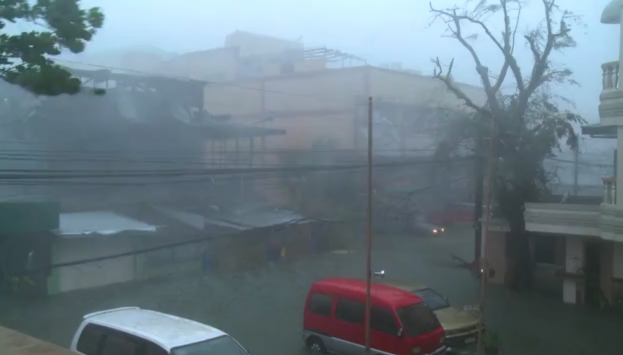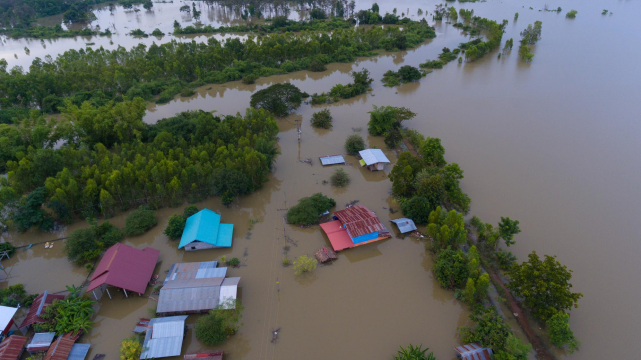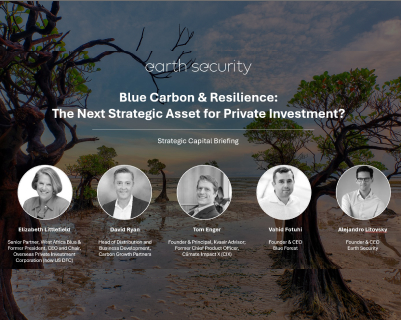The article below was first published in The Manila Times
11 July, 2022

THE Insurance Institute for Asia and the Pacific and Insurance Philippines held their 2nd Virtual Summit on June 22 and 23, 2022 with the theme "Climate Change — The Role of the Insurance Industry and the Public Sector." Climate change may seem to be a jaded topic in various forums, especially those conducted by the insurance industry. On the contrary, the topic is always relevant as it affects our daily existence. Typhoons, floods, earthquakes and volcanic eruptions are events that happen or may happen whether we like it or not.
Invited to this summit were speakers representing global organizations and projects like the World Bank, the Earth Security Group and Project Oasis. Updates on local initiatives, both the public and private sector, were presented by speakers from the Climate Change Commission, the Department of Energy and Arise Philippines.
I would have wanted to share with the readers some of the interesting and informative papers presented but since we have limited space, I will just highlight some of the valuable takeaways from their papers.
Almost all speakers talked about the research and data analytics of the various events or disasters that were caused by climate change. Very useful information that will help people, governments and the private enterprises cope with these disasters, and look for the necessary protective mechanisms for themselves affected to recover from their losses. These organizations offer their assistance in research, loss analysis and estimation, development of insurance products and risk financing.
An interesting topic to me (a longtime insurance person) was the topic "Insurance Underwriting with Nature" presented by Mr. Alejandro Litovsky, the founder and CEO of Earth Security. Their studies show that there are local protective measures that can be done to provide protection for disasters like typhoons and floods. That in the Philippines, mangroves are 50 times more cost-effective than building a concrete sea wall over a 15-year investment!
The Philippines has many strategic places with mangroves and coral reefs that can prevent or reduce flooding. The experts advise that there should be programs that will protect and strengthen the ecological systems of the country. It may be worthwhile for all the insurance underwriters to visit the website of Earth Security and read their paper on Underwriting with Nature. Our Climate Change Commission should include these in their key projects and flagship actions which are food security, water security, and ecological and environmental stability.
One speaker mentioned that disasters threaten public finance and power, and the way to go for some countries like the Philippines is through risk financing. There should be enough data to support the funding requirement and how the funds will be distributed if the assistance is given. They want to make sure the funds reach the intended beneficiaries. The LGUs (local government units), down to the barangay (village) level, can be the designated distribution system since they know the immediate requirements of their units better. The municipal and city governments should consider climate change as one of their regular functions and not rely solely on the provincial and national governments to take care of climate change-related issues and problems of their localities.
Statistics all over the world show that there is a big gap between actual losses from catastrophes and insured losses. Initiatives by insurers and reinsurers include research and development of risk models and solutions. The Philippine National Reinsurance Corp. is now in collaboration with Project Oasis which intends to provide solutions and products to lessen the impact of climate change in the country through the use of risk assessment models and software.
There is an abundance of solutions provided by experts in climate change globally. The challenge is how the Philippines can use these models that can be used to build its own infrastructure in risk protection. Climate change and its impact on the country's resources should be a priority item in the plans and programs of the new administration. Budget should be provided for an organized system of disseminating information to the local governments and make these accessible to every Filipino.
Ted Torres, a veteran journalist, now semiretired but devoting more time to several advocacies, was at the summit and his reaction to the papers was: "We should declare a climate emergency to give it the attention it needs!"
Watch Alejandro Litovsky's keynote here
Find the report here
Explore the reports
The Earth Security Index Reports provided in-depth analysis of critical themes across selected industries and market geographies, enabling investors to anticipate and respond to emerging global dynamics. Download and explore the full Earth Security Index reports:






